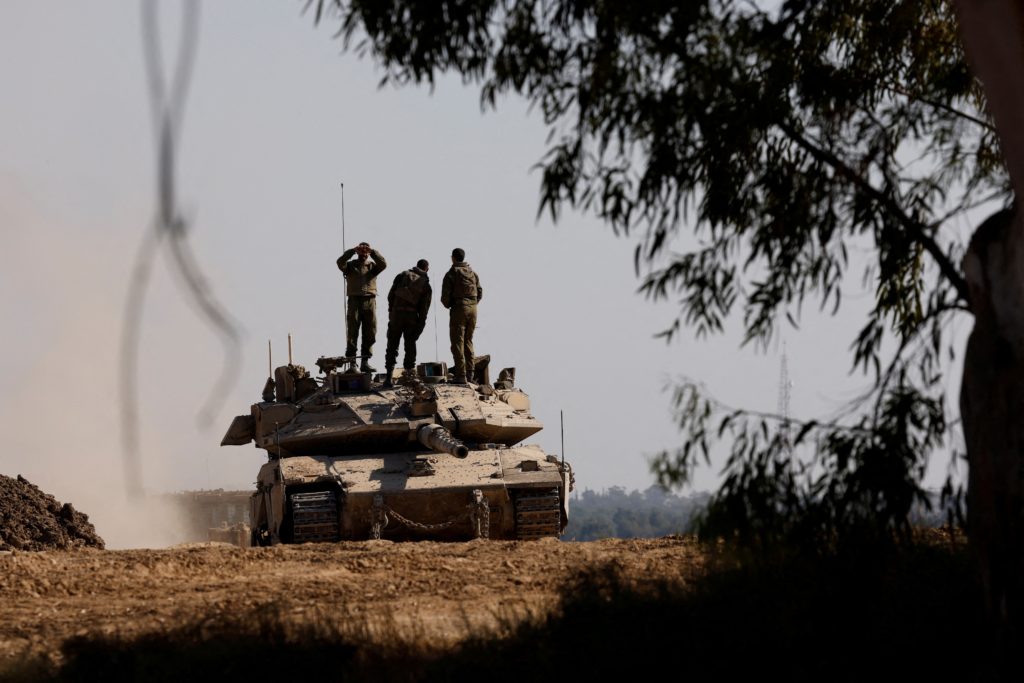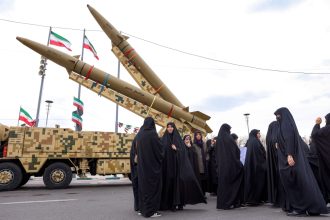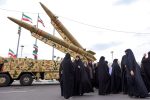In yet another heart-wrenching moment of this prolonged conflict, three young Israeli soldiers lost their lives during a tank explosion in the Jabalia area of northern Gaza. The Israeli military confirmed the incident occurred during an ongoing ground offensive. The soldiers—Staff Sergeant Shoham Menahem (21), Sergeant Shlomo Yakir Shrem (20), and Sergeant Yuliy Faktor (19)—were all part of the 52nd Armored Corps Battalion of the 401st Brigade. One officer was also severely injured.
These were not just soldiers—they were sons, friends, and brothers. Their dreams, like many others, were cut short by a war that continues to claim lives on both sides. The grief ripples far beyond the battlefield, seeping into homes and hearts across Israel and Gaza alike.
Hamas’ military wing, the Izz ad-Din al-Qassam Brigades, claimed responsibility on its Telegram channel, stating that it had targeted the tank. However, initial investigations by the Israeli military suggest the possibility of an operational accident—possibly an internal detonation of a shell within the tank. The true cause remains under investigation.
Since the outbreak of war in October 2023, the toll has been staggering: 893 Israeli soldiers have died. On the Palestinian side, Gaza’s health authorities report over 58,000 deaths—an unimaginable loss of life.
Hamas, in a recent statement, accused Israeli Prime Minister Benjamin Netanyahu of intentionally stalling ceasefire agreements. “Netanyahu is adept at thwarting negotiation rounds,” the group claimed, warning that his push for an “absolute victory” is simply a cover for what they call a devastating military and political failure.
Even as talks in Doha continue, the path to peace appears obstructed. Key points of contention remain, including Israel’s military presence in Gaza and humanitarian access through border crossings.
Both Hamas and Palestinian Islamic Jihad emphasized that any meaningful progress must include a complete end to hostilities, full withdrawal of Israeli forces, reopening of Gaza’s crossings, and the beginning of reconstruction.
Each death—whether of a soldier or a civilian, Israeli or Palestinian—is a solemn reminder of the urgent need for a just and lasting peace. Behind the headlines are human lives, families shattered, and futures erased. The question that remains: how many more must suffer before dialogue turns into action?








